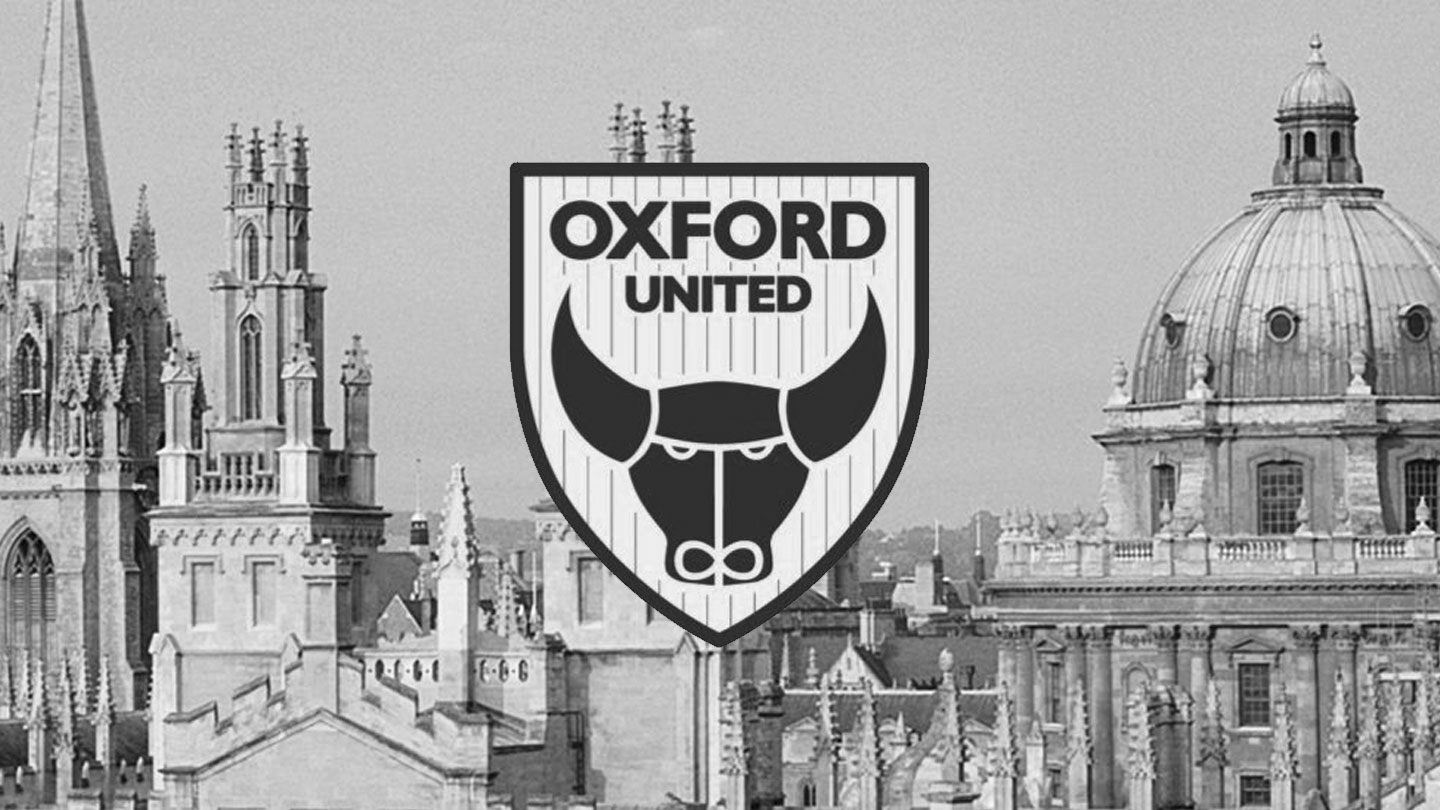Today marks the 75th anniversary of VE Day and like the rest of the nation we salute those who fell during WWII, the efforts of military personnel overseas and the fortitude of those at home across Oxfordshire.
Today we would also like to remember two of our own who served during that conflict.
Vic Barney played youth football for Fanshawe Old Boys, in the same team as future England Manager Sir Alf Ramsay. During World War Two he served in Italy as an infantryman, and in 1945 he was sent to Naples to recover from a battlefield injury.
Immediately after the War he played one season for Napoli, who spotted him playing in their stadium for an Army team. He was Napoli’s first English player, and possibly the first Englishman to play in Serie A.
On his return to England he asked Reading for a trial and went on to score 16 goals in 80 games for the Biscuitmen before joining Bristol City at the start of the 1948 season, scoring four goals in 28 league matches, and thence to Grimsby in 1949 before joining Headington in 1950, becoming captain the following year.
He was the club’s leading scorer with 14 goals in the 1951–52 season and later returned to Oxford to work for Pressed Steel, where he played for and coached the works’ football team on a ground adjacent to our current Training Ground.
Jim Smith, not to be confused with our legendary Manager of the same name, joined Headington United when they were still in the Oxfordshire Senior League, making his debut in April 1938 at the age of 14 and scoring in a 7-3 win over Osberton Radiators.
When World War Two broke out in September 1939 he worked at the Radcliffe Infirmary before joining the RAF in 1940, during which time he spent two years as an amateur with Peterborough United in the Midland League.
He returned to Headington after the War and played throughout the club’s Spartan League days. After Headington United joined the Southern League, Smith opted to retain his amateur status. Smith scored five goals in six games playing at outside-left, using his speed and his powerful shooting ability to full advantage.
Smith was called up for a trial with the England Amateur international side on 27 October 1951 and by the time that he ended his playing career due to a knee injury he was the longest-serving amateur in the Southern League. Smith played a total of 142 Southern League games, scoring 22 goals.
He had captained the Oxfordshire FA and at his testimonial in October 1956 against an All-Star XI a crowd of 10,000 turned out, with Stanley Matthews one of the players on show. After he finished playing Smith became an assistant coach at Headington United and then managed Witney Town for two years.
We are proud to have had both Vic and Jim play for the club and we join the rest of the world in remembering those who fell during the war 75 years ago.
United in War - a short history
Since Oxford United’s formation in 1893 as Headington FC, there have been three significant conflicts that have had an effect on the club.
Headington withdrew from the Oxfordshire Junior League in 1900/01 after ten players were called up to fight in the Boer War in South Africa. Included among this number was the first Headington player to die on active service while on the club’s books, WJ Smith, who was a member of the 1898 Oxfordshire Junior Cup winning side. Smith was described as ‘possibly the finest back ever seen in junior football’.
When World War I started in 1914 football was suspended throughout the county. Many men were called up for active service, including goalkeeper and newly elected captain O. Ward.
Major William Lauriston Melville Lee was elected as United’s President in September 1919. During the war he was an agent for PMS 2, a secret branch of MI5 set up in 1916 to spy on socialist activities. The group uncovered an infamous plot to kill Prime Minister Lloyd George, allegedly by driving a poisoned steel nail into his boot. In 1917, Major Lee stepped down after this controversial case and retired to Stoke House in Headington. Major Lee was still the club’s President when United moved to the Manor Ground in 1925.
World War II saw United able to continue in a significantly altered version of the Oxfordshire Senior League, which involved a number of forces sides such as Heyford RAF, Brize Norton, Benson RAF and Infantry Training Centre. As in the Great War, there are no records of any Headington United players being killed during the Second World War.
United’s first League game after the war saw them beat Didcot 17-1, although the visitors contained a number of former prisoners of war who were perhaps not yet ready for the rigours of competitive football. Didcot resigned from the league shortly afterwards, so unfortunately the result, which would still be the side’s record victory, was expunged and doesn’t appear in official records.
